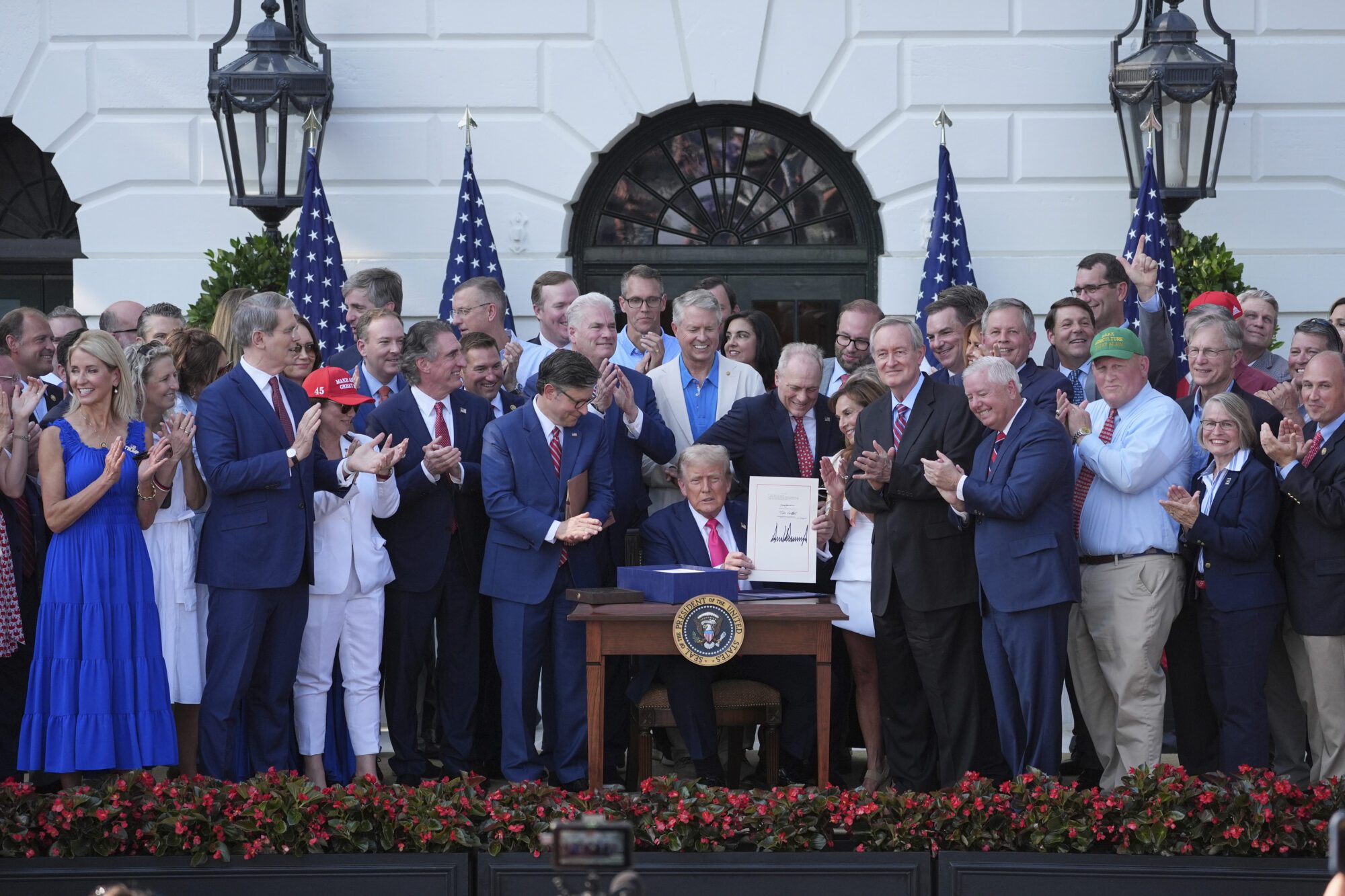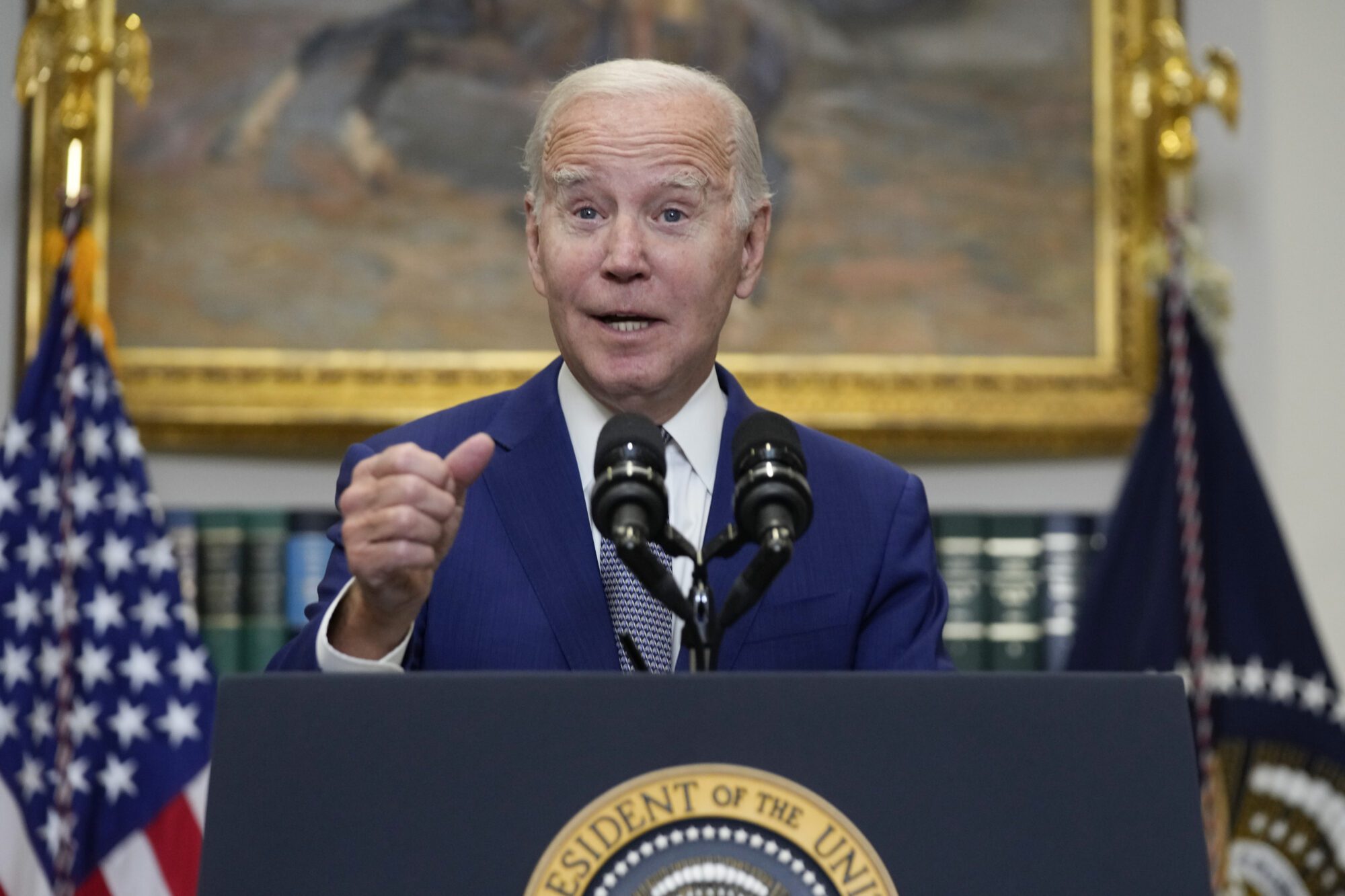RELEASE:
Wicker Votes to Stop Obama’s ‘Waters of the U.S.’ Rule
Miss. Senator Casts Deciding Vote to Advance Key Measure to Block Expansion of Federal Control
WASHINGTON – U.S. Senator Roger Wicker, R-Miss., today voted in favor of the “Federal Water Quality Protection Act,” S. 1140, a measure that would stop a new Obama Administration rule to expand the reach of the federal government to regulate water sources, including tributaries, ponds, and ditches. The legislation was approved by the Senate Committee on Environment and Public Works by a vote of 11-9. Wicker is a cosponsor of S. 1140.
“This important bill would put the brakes on the Administration’s plan to reinterpret the ‘Clean Water Act’ in ways never intended by Congress,” Wicker said. “The rule would impose burdensome federal requirements on private property owners, small businesses, and farmers. It would also take a significant toll on economic growth and pose major challenges for local officials – while failing to provide any clear environmental benefits.”
The “Federal Water Quality Protection Act” specifically blocks the “Waters of the United States” rule and requires the Environmental Protection Agency (EPA) and the Army Corps of Engineers to write a new rule by Dec. 31, 2016. The legislation would exempt certain bodies of water – isolated ponds, ditches, agricultural water, stormwater, groundwater, floodwater, municipal water supply systems, and wastewater management systems – from “Clean Water Act” requirements.
The legislation also encourages EPA and the Army Corps to regulate streams that actually carry pollutants to navigable water, as well as wetlands that filter pollutants. It would implement a rulemaking process with guiding principles to ensure that the agencies can protect water quality without encroaching on private property rights.
The agencies issued the final rule on May 27 despite widespread concerns from state and local governments, farmers, small business owners, and landowners. The decision came just days after a New York Times article reported that EPA’s tactics to gain support for the rule could have violated federal lobbying law and greatly influenced the more than one million public comments the agency received.
The final rule could have far-reaching implications for Mississippi’s 10 major river basins and 86,000 miles of streams.
6/10/15







